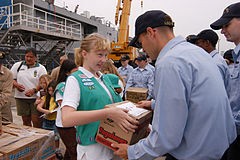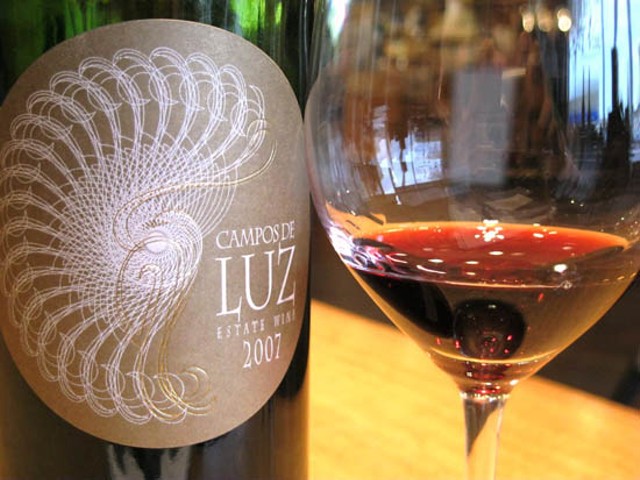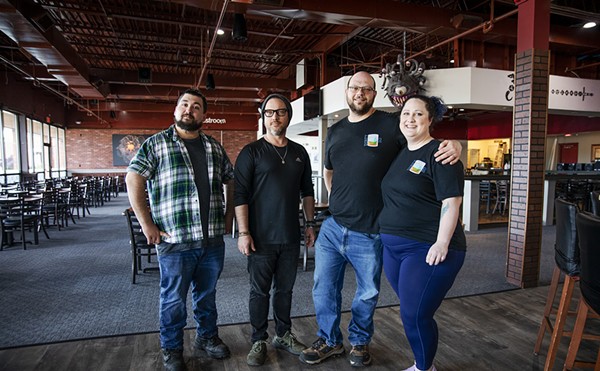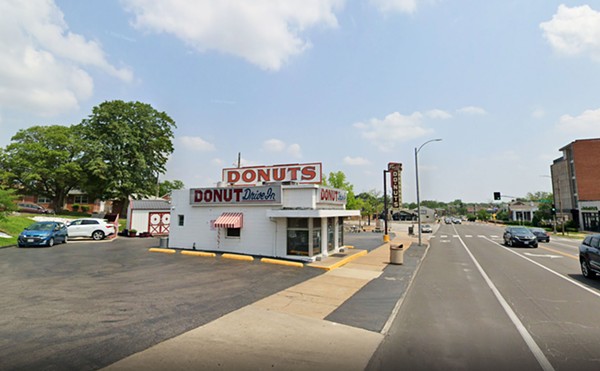Believe it or not, despite our grumblings, Gut Check is heavily involved in Girl Scouts. We co-lead a troop of Brownies who, yes, spend one month a year selling Girl Scout cookies.
With all the kerfluffle in Hazelwood about a pair of Girl Scout sisters selling cookies from a stand in their driveway, we examined our official cookie-selling literature to see what rules are set forth by the honchos from Girl Scouts of the USA.
Not many, it turns out. From the Girl Scouts' website:
Each Girl Scout Council determines its precise method of getting cookies into the hands of customers. A customer will generally find themselves purchasing cookies in some version of the following types of sale, or hybrid thereof:
- Pre-Order: Most Girl Scout councils provide participating girls with an order card to collect orders from their potential customers, Girls turn in their order cards, the council orders the cookies, then the girls go back to the customer to deliver them a few weeks later.
- Direct Sale: Some councils provide girls with the cookies to sell directly to customers and eliminate the order card process.
- Booth Sales: The vast majority of councils allow girls to sell cookies at booths set up inside and outside various retail establishments. Booth sales usually occur during the last month or so of cookie season, and are usually combined with either a direct or pre-order sale.
Girl Scout Councils are the regional organizations that oversee local troops. Hazelwood-area scouts are a part of the the Girl Scouts of Eastern Missouri council.
We asked Victor Inzunza, a spokesperson with Girl Scouts, what the national policy is on selling cookies from booths such as the one in Hazelwood. He issued this statement:
GSUSA's first and foremost concern is the safety of girls; Therefore, guidelines must be followed to keep girls safe during activities such as the Girl Scout Cookie Program. For example, older girls -- those who are at least twelve years of age -- must use a buddy system and work with other girls while selling cookies. Younger Girl Scouts must be accompanied by an adult.
As troop leaders, we are concerned for the safety of the Hazelwood scouts. Who wouldn't be wary of a neighbor who gets pissed off by a charity fundraising endevour?
That's right, charity fundraising. Although the cookie program is touted as being a way to teach girls about the workings of business, it's also how Girl Scout troops raise funds that allow them to operate.
And let's face it: Many areas have problems with teens (and adults) selling far worse things than cookies from their driveways. Hazelwood apparently doesn't have such problems. Its "most wanted" list consists of a deadbeat dad and a girl who had some weed.
Perhaps the community's so calm and crime-free because of programs that give children a good start in life. You know, like the Girl Scouts.






